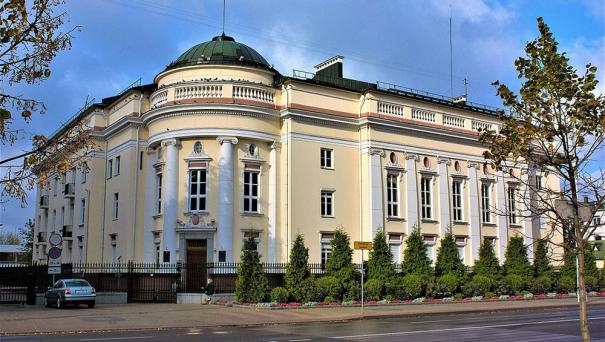About Brest
The city of Brest is a historic site of many cultures. Here were concluded such important historical documents as the Union of Brest and Treaty of Brest-Litovsk. The city fortress was recognized by the Soviet Union as the Hero Fortress, a unique award. The city, during medieval times, was part of the Kingdom of Poland from the tenth century until 1319 when it was taken by Grand Duchy of Lithuania until the Polish Partitions, when it became part of the Russian Empire in 1795. After World War I, the city again returned to sovereign Poland. During World War II the city was first taken by the Soviets and in 1941 by the Nazis. After the war, with the new boundaries of the Soviet Union with Poland, the city became part of the Soviet BSSR until the breakup of the country in 1991, placing the city in the custody of Belarus, where it remains today. Brest lies astride the Mukhavets River, that is known to Bresters as "the river". The river flows west through the city, dividing it into north and south, and meets the Bug River in the Brest Fortress. Winter temperatures mostly hover around the freezing point. Summers are warm and influenced by its inland position compared to areas nearer the Baltic sea.
